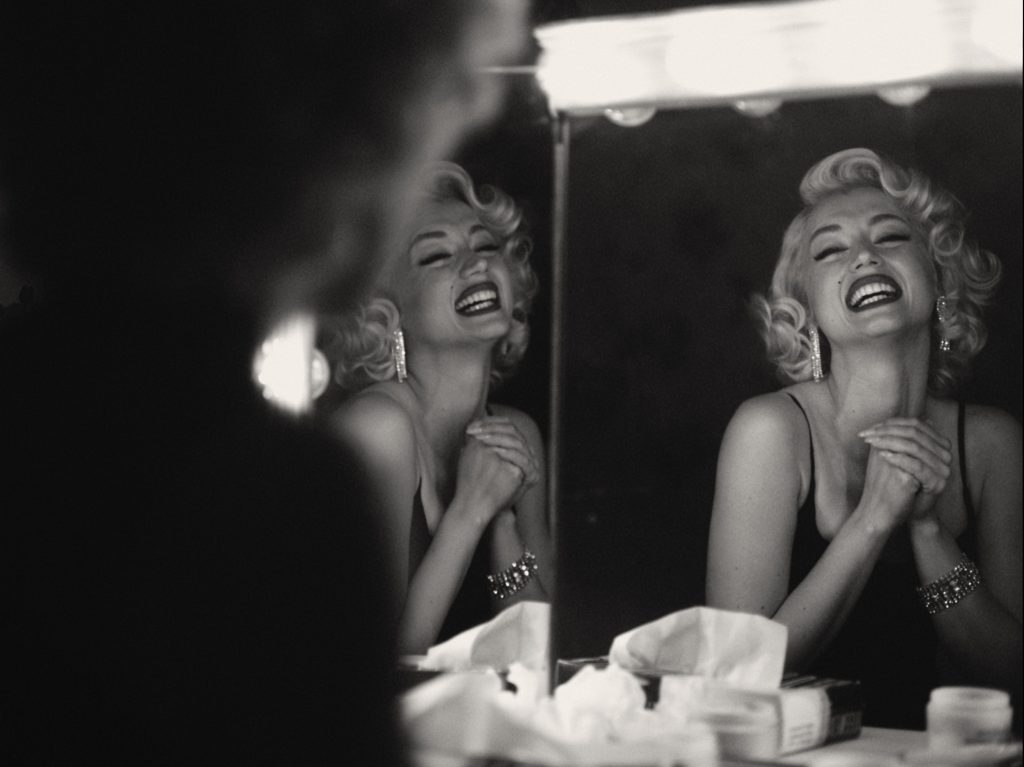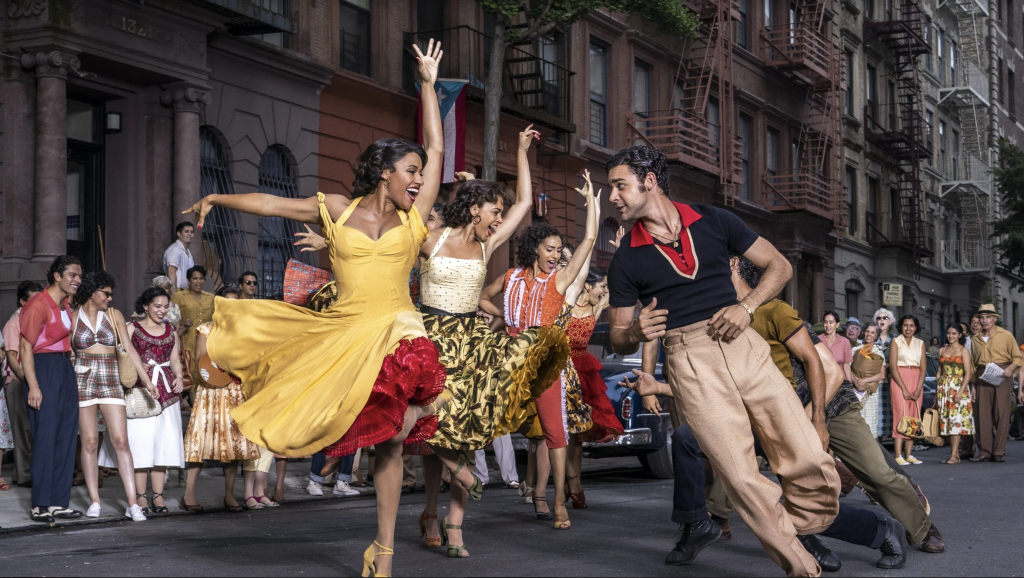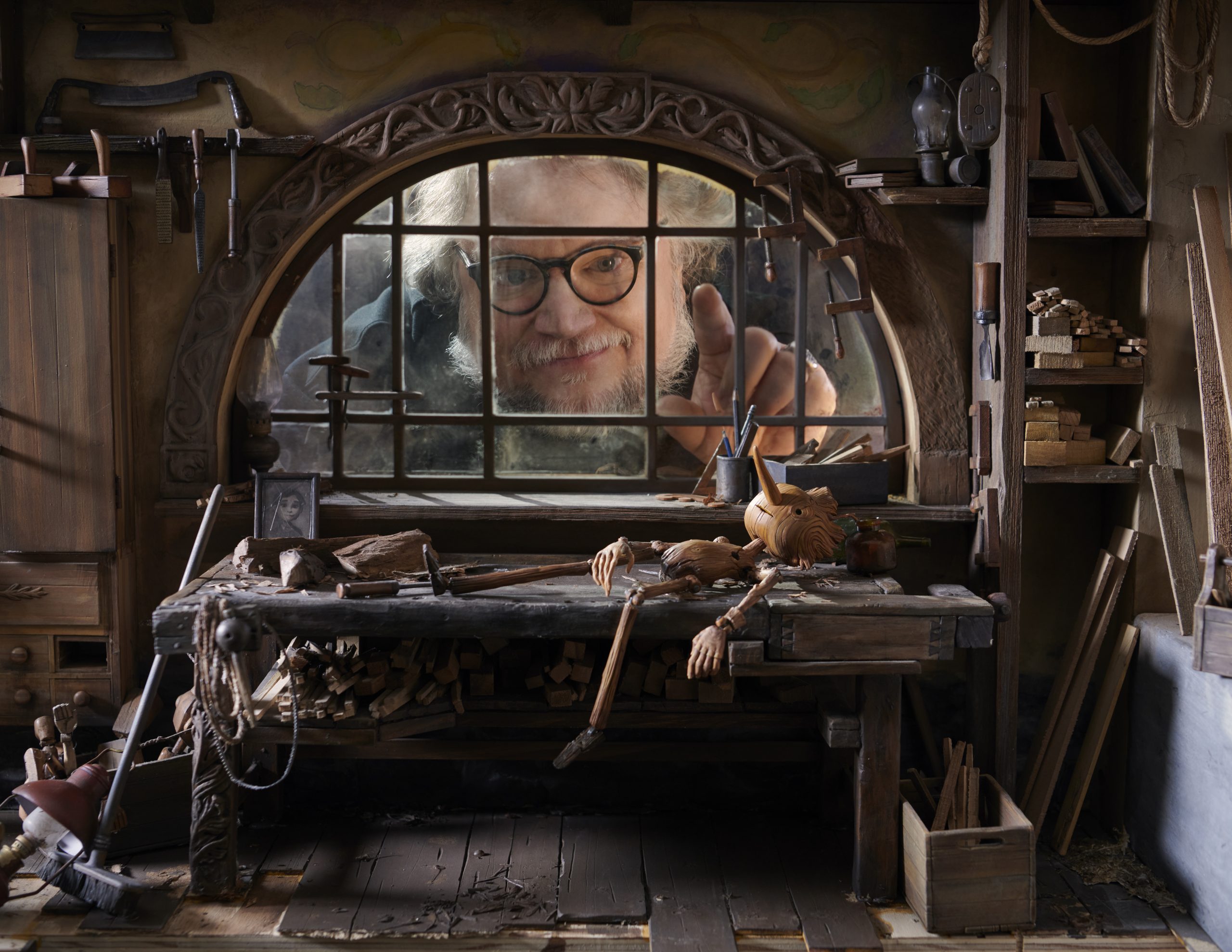It’s Oscars season, which means some of the best and the brightest talents in cinema will be recognized for their work on one of film’s top stages. While the awards have been plagued with backlash due to their lack of diversity, leading to movements likes #OscarsSoWhite, it is still one of the most coveted prizes in the field and an important marker of success. Here we will dive into the history of Latinos in the Oscars, to highlight the importance of these artists in the entertainment industry.
In recent years, Mexican film masterminds Alfonso Cuarón, Alejandro González Iñárritu and Guillermo del Toro have been the leaders of the directing award categories. In 2014, Cuarón became the first Latino to win Best Director for the sci-fi thriller Gravity. The film follows Sandra Bullock as an astronaut stranded in space fighting to get back to Earth safely. Cuarón told Space.com that he is a fan of space technology and therefore wanted to make the film setting as realistic as possible. “I am fascinated by space exploration. I have a big huge respect for the people who have made it happen. For my money, the most amazing piece of technology that humanity has ever done is the Hubble Telescope,” he said.
Iñárritu became the first Latino to win Best Picture at the 2015 Oscars for the black comedy-drama Birdman or (The Unexpected Virtue of Ignorance). In a recent roundtable with The Hollywood Reporter, he shared that acclaimed filmmaker Mike Nichols discouraged him from making Birdman during a lunch meeting between rehearsals. “I started saying, ‘Mike, we are doing this film with one shot, with these actors, this crazy idea.’ He was drinking a martini with [an] olive and just looking at me. At the end, when I finished the concept, he just [took] the olive [and said,] ‘Alejandro, you should stop now. You are running to disaster; this is a complete disaster,'” Iñárritu told THR. The 59-year-old filmmaker also won Best Director that year and in 2016 for The Revenant, starring Leonardo DiCaprio.
While there are no Latinos nominated for Best Director in this year’s Oscars, Guillermo del Toro’s Pinnochio is in the running for Best Animated Feature Film. The stop-motion rendition of the Disney classic takes a more somber approach, setting Pinnochio’s story in fascist Italy. While the original film focuses on Pinnochio’s journey to becoming a real kid, Del Toro’s version makes more emphasis on the father’s learning curve to becoming a better parent. “I think the Pinocchio we ended up making had to happen after I reconciled my relationship as a son with my father and my relationship as a father. As the movie says, imperfect fathers and imperfect sons are allowed to meet in the middle thanks to love and forgiveness,” Del Toro told Deadline.

Blonde. Ana de Armas as Marilyn Monroe. Cr. Netflix © 2022
Historically, many Latinos have been nominated in the acting categories, although they haven’t obtained as many wins as we would hope. No Latina has won the Best Actress award despite four past nominations; Brazilian actress Fernanda Montenegro for Central Station (1998) – which is also the first and only time an actress in this category has been nominated thanks to a Portuguese-speaking role, Mexican actress Salma Hayek Pinault for Frida (2002), Colombian actress Catalina Sandino Moreno for Maria Full of Grace (2004), and Mexican actress Yalitza Aparicio for Roma (2018). This year, we are adding 5th Latina nomination to the list, Cuban actress Ana de Armas for her portrayal of Marilyn Monroe in Blonde.

West Side Story (2021). Courtesy of Disney+
We have seen two Latina winners in the Best Supporting Actress category, coincidentally for the same role in the same movie: Rita Moreno in the first film adaptation of West Side Story (1961) and Ariana DeBose in the 2021 remake – who also is the the first openly queer woman of color to win this award. “You know what? Now you see why Anita says ‘I want to be in America because even in this weary world that we live in, dreams do come true and that’s really a heartening thing right now,” DeBose said in her 2022 Oscars acceptance speech.
We haven’t seen a Latino take the Best Actor award in over 80 years. The last to win was the Puerto Rican actor José Ferrer for his portrayal of the titular character in the 1950 film Cyrano de Bergerac. “From the bottom of my heart, I thank you for what I consider a vote of confidence and an act of faith, and believe I will not let you down,” Ferrer said in his acceptance speech. Indeed, the actor didn’t let anyone down as he was once again nominated for Best Actor in 1953 for his role as French artist Henri de Toulouse-Lautrec in Moulin Rouge. That same decade, Mexican actor Anthony Quinn earned two Best Actor nominations for his roles in Wild is the Wind (1957) and Zorba the Greek (1964). While he didn’t win Best Actor, he did take home the golden statues for Best Supporting Actor for Viva Zapata! (1952) and Lust for Life (1956), making him the only Latino to have won this award twice.
Latinos have also left their mark in the music categories of the Oscars. The first song in Spanish to win Best Original Song was “Al Otro Lado del Río” from The Motorcycle Diaries by Uruguayan singer-songwriter Jorge Drexler in 2005. Although it is a tradition for artists to perform their winning music at the show, Drexler wasn’t allowed to perform because he wasn’t deemed famous enough and instead Antonio Banderas and Carlos Santana interpreted the song. It took more than a decade for another Spanish-only song to be nominated for this award: the heartfelt ballad “Dos Orugitas” written by Lin-Manuel Miranda and performed by Sebastián Yatra for Encanto.
Last year, El Paso-native Germaine Franco became the first Latina and the 6th ever woman to be nominated for Best Original Score thanks to her compositions for Encanto. “Being the first Latina, the first woman of color…to be nominated… I’m proud to represent our Latinos and Latinas,” Franco told ABC7. “We are here and we have a vision, we have a voice and being part of the Academy is very important.”
As we approach the 95th Academy Awards, we hope to see more wins for the Latino community in the film industry and beyond.
Alejandra Arevalo is a Peruvian UX/UI designer and multimedia journalist based in Cambridge, MA.









